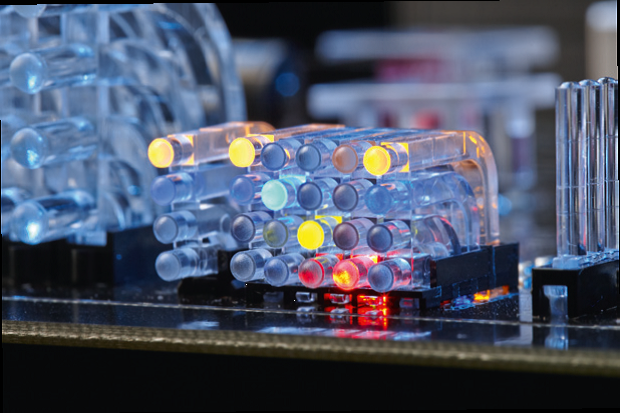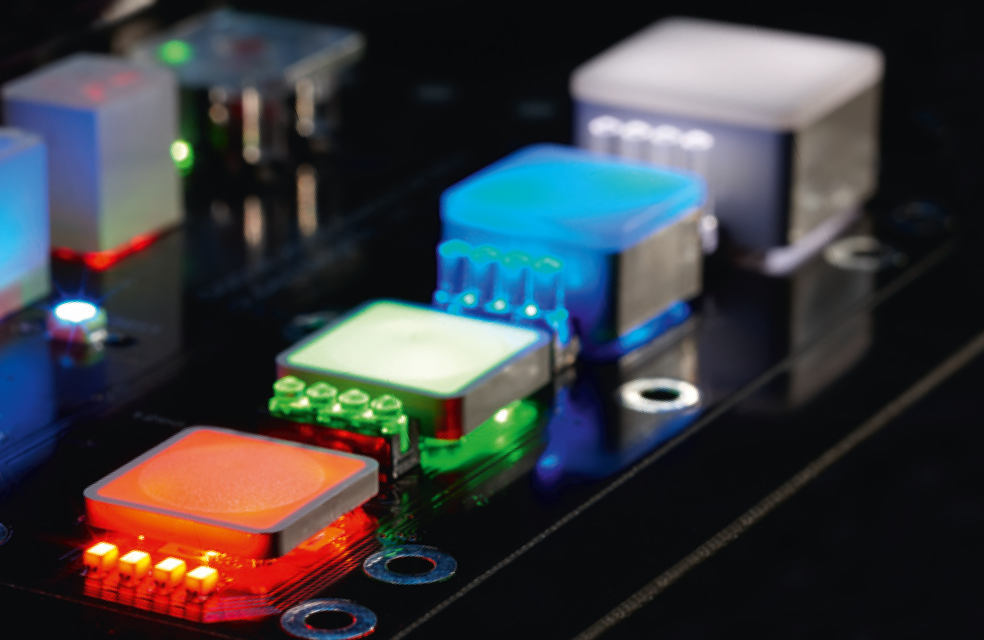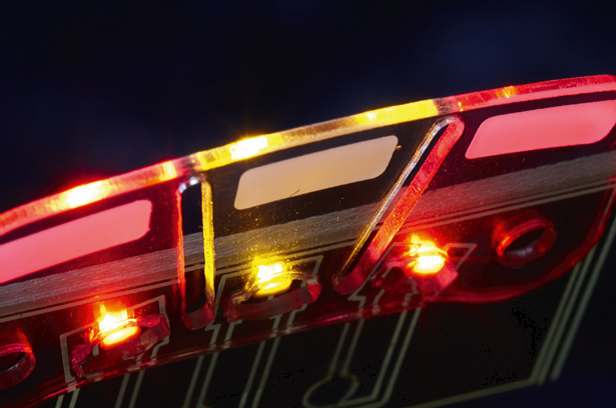Current requirements for technological devices and electronic modules speak for themselves. New products have to keep being made smaller. At the same time, more and more has to be packed into the smallest of spaces. This trend can be found in almost all sectors that require electronics: the automobile, communications and consumer electrics industries are just three examples.

Miniaturisation trend

This continuous drive towards miniaturisation is fuelled by the many advantages this can deliver. Smaller, lighter weight devices are easier to transport, store and use. The resultant cost-savings can be significant. Smaller components enable a range of options for improving a product and reducing costs over the course of its life cycle.
Know how, quality and precision
A prerequisite to benefit from these advantages is the availability of correspondingly small electronic, mechanical and optoelectronic components. It requires a tremendous amount of know how, quality and precision to develop and manufacture these small parts. This is because miniaturised solutions have to at least meet the same requirements as their larger predecessors despite scaling down dimensions and having to increase their functionality. Moreover, the cost has to be reasonable.
Raw materials and precursor materials have to be of a particularly high quality since the smallest amount of contamination or unevenness in the material has a much greater effect on the result than before. The requirements on precision during processing is increased quite disproportionately.
MENTOR is tackling these challenges as a specialist in innovative and future-orientated solutions. We develop and produce miniaturised solutions that score highly on both precision and quality. These solutions help our customers to safely install the very latest technology even in highly limited space. Some examples of our work are our miniaturised light guides, super flat pushbuttons and specific customer solutions, where the latter are either derived from our standard products or as completely new products specific to the customer.
Miniaturised light guide systems

MENTOR’s range of miniaturised light guides includes more than 150 different standard models. We have vertical and horizontal designs as well as single or multiple light guides available and miniaturised light guides which can be mounted onto front panels.
Developed for a 2.54 mm grid dimension, miniaturised light guides provide a range of design options for compact spaces and are available with round or rectangular radiating surfaces ( 2 mm or 2 x 3 mm). Custom dimensions are often possible with minimum or zero tooling costs and custom designs are also possible.
Super flat push buttons

Buttons or keyboards are used in modern flat input systems where applications require tactile feedback. Slimmer, flatter systems are also becoming increasingly popular. MENTOR’s homogenously illuminated push buttons with their low design height of 3.6 mm or 5.2 mm offer an ideal solution. More information on super flat push buttons is available here.
Customised solutions

Even in customised projects, the installation space available can still present some challenges. Consequently, our development engineers find the right solutions to suit a specific application.
One example of this is our one millimeter thick light guide which has a special reflective coating and produces an illuminated status display on an under-table unit where space is limited. Designed by MENTOR for Clage.